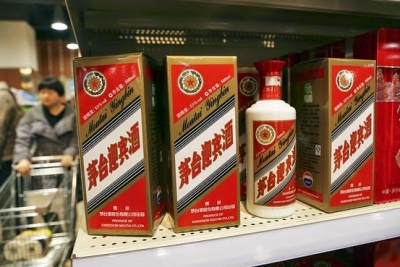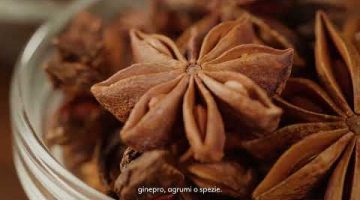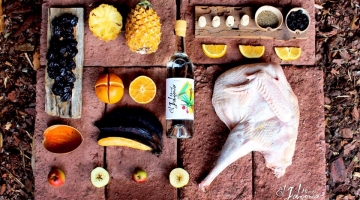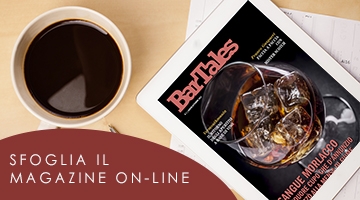(WSJ) With its strong flavor and fiery aftertaste, Kweichow Moutai isn’t for everyone. With prices for vintage bottles of the liquor spiraling upwards, it’s now for even fewer people.
On Sunday, at an auction hosted by Chinese auction house Beijing Googut Auction Co., 540 milliliter bottles of Moutai produced in the 1980s sold for between 60,000 yuan ($9,700) and 70,000 yuan ($11,300). That was up from between 50,000 and 60,000 yuan last year, and around 30,000 yuan at the end of 2012.
That makes it more expensive than a bottle for 1982 Lafite Rothschild, one of the most sought-after wines in the world, and in recent years the tipple of choice of China’s elites. According toFine & Rare, a British wine trader, a bottle of Lafite currently sells for about 31,000 yuan, or $5,000 – although taxes mean the wine would be more expensive were it sold in China.
Aged Moutai’s price has continued to rise even as the shelf price of new bottles has dropped. A retail bottle of Moutai peaked at about 2,000 yuan a couple of years ago, but plunged with the onset of a Beijing-led national campaign against government waste and corruption. With fewer government officials attending fewer banquets – traditionally a major source of demand for Moutai – prices have dropped to a bit over 1000 yuan per bottle. Pricing also fell underofficial scrutiny.
It’s a meteoric rise for a market that didn’t exist five years ago. Googut hosted the first auction for aged baijiu – the Chinese white spirit of which Maotai is the most popular brand – in 2010. Liu Jianfeng, chairman of Googut Wine & Spirits, a unit of the auction company, says that there are now dozens of auctions hosted by various companies around the country, although Googut is still responsible more than half of all aged baijiu auctioned by volume.
In the West, aged bottles of wine are lovingly stored in cellars and wine fridges. But because the market for aged Moutai is so young, much of the supply coming to market have been sitting under people’s beds or at the back of pantries, having long been forgotten, said Mr. Liu.
The rising prices are in part due to the taste. According to Mr. Liu, the flavor of Moutai mellows as it matures. But aged Baijiu has also become an investment asset. With the stock market having been in a funk since 2008, and property prices starting to show signs of decline, Chinese investors face a dearth of investment opportunities. Having more than doubled in value in two and half years, aged Moutai might not be such a bad alternative.
thanks to original post http://www.chinabevnews.com/2014/06/why-chinese-booze-costs-more-than-fi...
















